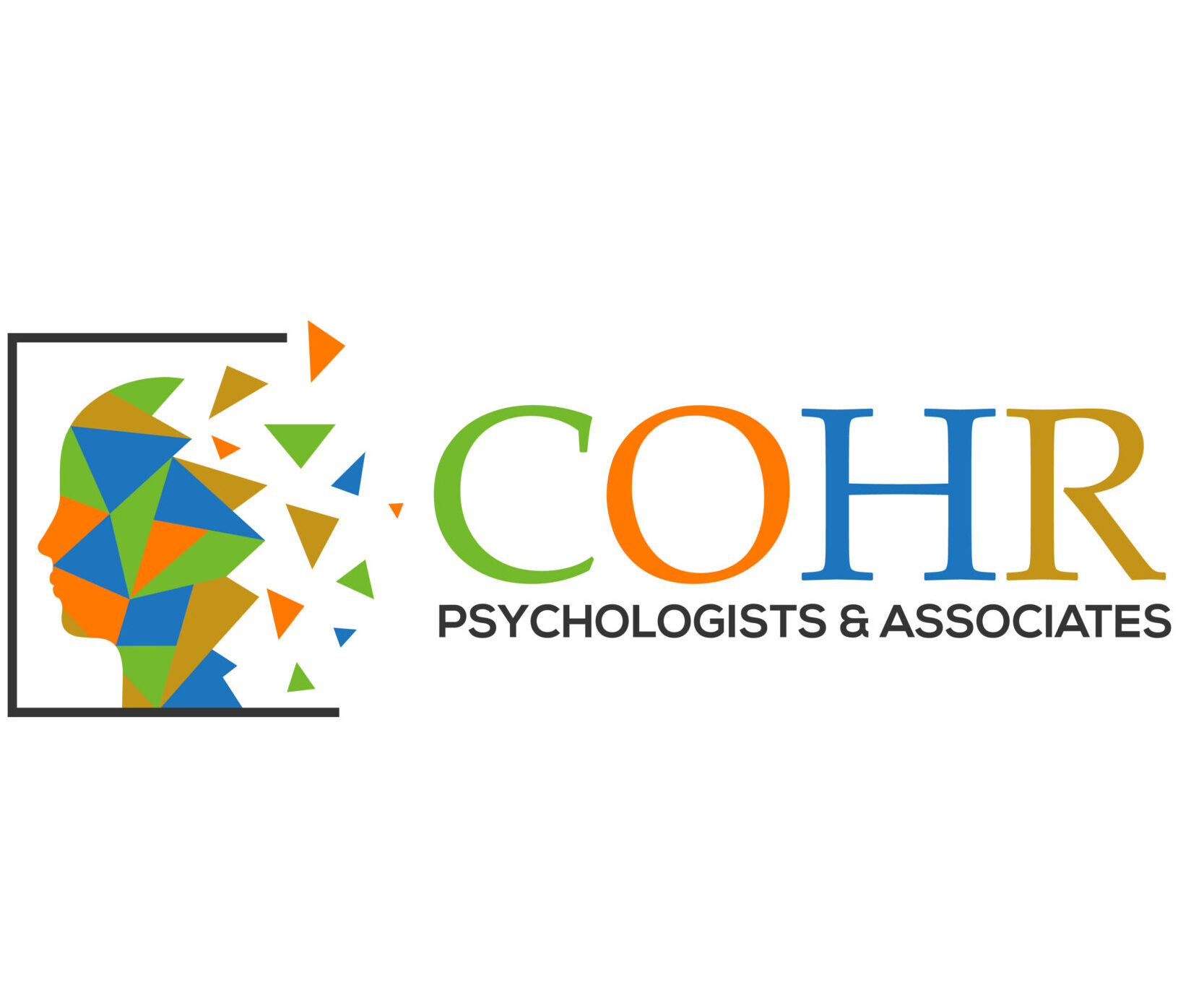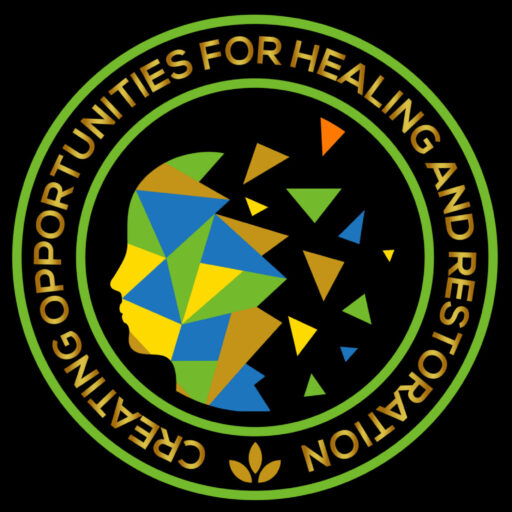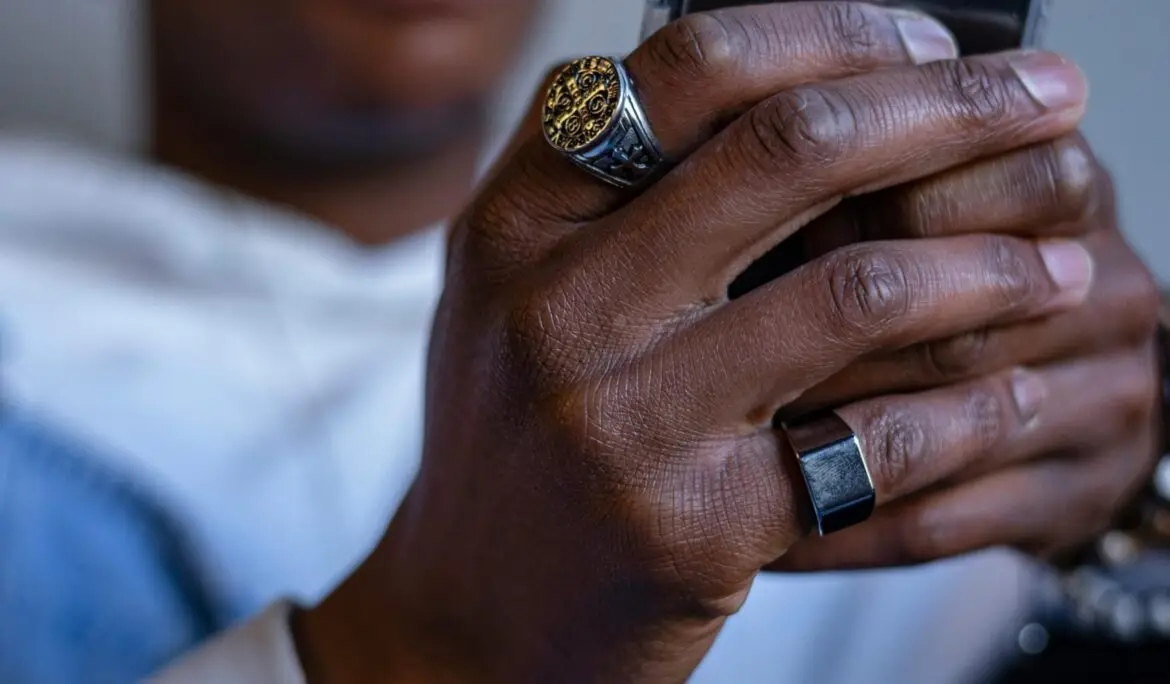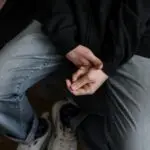By Tanisha L. Knighton, Ph.D. | COHR Psychologist & Associates
We’ve all been there. You’re scrolling late at night, minding your business, when a video pops up:
“5 signs you might have ADHD…”, “Here’s how anxiety really shows up in high-achieving women…” Or, “This is what a trauma response actually looks like.”
And suddenly you’re nodding your head. Every bullet point hits. You’re starting to wonder if that creator just described your entire personality. Before you know it, you’re 12 videos deep and thinking, “Wait…do I have this?”
Let me start by saying this: you’re not wrong for being curious about your mental health. In fact, that curiosity is often the very first step toward growth and healing. The increased visibility of mental health content on platforms like TikTok and Instagram has opened up powerful conversations especially in communities where therapy hasn’t always been normalized or accessible. There’s value in that.
But here’s the truth: mental health content on social media is not a substitute for a clinical assessment.
From Hashtags to Headlines: Why It’s So Tempting
There’s something deeply validating about hearing someone put words to what you’ve been feeling but couldn’t explain. Social media can make emotional struggles feel less isolating. It creates a sense of community, a sense of finally being seen.
The challenge is, many of these videos present complex diagnoses in bite-sized, oversimplified formats. Trauma, ADHD, depression, anxiety, autism… these are nuanced, overlapping experiences. What’s shared online is often a distilled version that may not fully reflect clinical criteria or account for other important factors like culture, age, context, or co-occurring symptoms. That doesn’t mean the creator is being harmful on purpose. But it does mean we have to pause before turning a 30-second clip into a full-blown diagnostic conclusion.
Diagnoses Are Tools Not Labels
I often tell clients a diagnosis isn’t a label meant to limit you. It’s a clinical tool. It helps us understand patterns, choose effective treatment, and, in some cases, help people gain access to accommodations or support. That tool loses power, though, when it’s taken out of context.
A formal diagnosis requires a careful process that includes clinical interviews, standardized measures, and deep attention to personal history. It also takes into account cultural considerations something too often missing in the mainstream content you see online. For example, the way trauma manifests in Black, Brown, or Indigenous communities may not look like the textbook version. And what gets labeled as “ADHD” in one setting may be a trauma response in another. Without context, misdiagnosis is a real risk and so is missing what’s actually going on underneath the surface.
So, What Can You Do?
If you see yourself in a post or reel, take a moment. Ask yourself:
- Does this content open up curiosity or cause panic?
- Is it offering education or feeding fear?
- Am I seeing a pattern in my real life that I want to understand more deeply?
Then consider reaching out to a licensed clinician. Not because you’re “broken” or need fixing, but because having a space to explore your mental health in depth is powerful. And you deserve that kind of support.
At COHR, we welcome those questions. We hold space for that curiosity. Whether you walk in saying, “I think I have anxiety,” or “I don’t know what’s wrong but something feels off,” our job isn’t to shame or dismiss you. It’s to partner with you so we can figure it out, together.
Final Thoughts
You are more than a list of symptoms. More than an algorithm’s guess. More than a diagnosis…even when that diagnosis is accurate. There’s no harm in learning more about mental health online. But don’t stop there. You deserve support that’s personalized, thoughtful, and rooted in the full context of your life.
Let’s talk beyond the hashtags.
Curious about something you’ve seen online? Let’s explore it together.
Click the link in our bio or call (330) 578-4855 to schedule a consultation.
#cohrpsych #DrTaLK #drtlk #MentalHealthAwareness #SelfDiagnosis #ADHDonTikTok #TherapyForUs #BIPOCMentalHealth #TraumaInformedCare #RealTalkOnHealing #YouDeserveSupport #HealingBeyondTheHashtags








